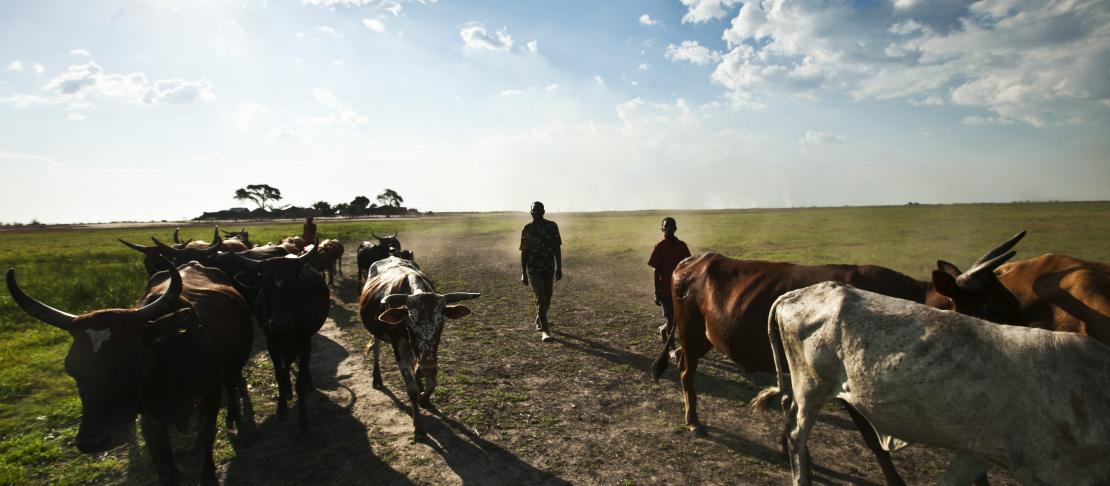Analyzing the science-policy-practice interface in climate change adaptation work

Project description
This project seeked to analyze and better understand what influences policy formation and implementation and what role science and even scientists themselves play in national policy-making. Led by the International Livestock Research Institute (ILRI), the project team approached science-policy interactions as a two-way exchange. On the one hand, the project examined the extent to which scientists are listening, understanding, and receiving feedback from policymakers and incorporating their needs into ongoing research. On the other hand, the project examined how national policy development incorporates scientific information and how information about policy impacts is fed back into policy development. Research activities looked at interactions and change at all levels, from rural agropastoralist communities to national government and research institutions and international climate negotiations.
The project was focused around real-time analyses of science-policy engagement activities on pastoral and agropastoral systems in Senegal and Ethiopia. In Senegal, the team looked at the national science-policy platform on climate change, agriculture and food security, created by the CGIAR Research Program on Climate Change, Agriculture and Food Security (CCAFS) West Africa team back in 2012.
The platform included regular meetings with a dozen of stakeholders from Ministries of Fisheries, Agriculture, research institutions, farmers' and civil society organizations. In Ethiopia, studies were conducted on emergent interactions between scientists and policymakers where they were working together in interesting ways, for example, on the development of the Livestock Master Plan.
The objective of this project was to improve the engagement of national governments, donors and development partners with climate-resilient food systems through a deeper understanding of policy and governance processes. The work has helped inform other research for development projects so they can benefit from a more precise understanding of how and why different modes of the science-policy interface work. This is helping lead to more effective science-policy platforms and multi-level learning alliances.
Through more efficient engagement, this work encouraged steps toward a policy change that takes into account equity and climate-smart practices in Senegal. Donor organizations, such as IFAD, World Bank and others, gained an improved understanding of how their priorities and international discourses exert influence “downward” on national policy environments, and of the kinds of “upward” feedback that they require. This will lead to changes in their forms of engagement with developing country governments by 2019.
Outputs
- Conceptual framework for analyzing cross-level science-policy interactions
- Landscape level institutional assessment of Kaffrine, Senegal
- Governance dimensions of climate change adaptation: Methodology for landscape-level institutional assessments
- Institutional assessment for climate change adaptation, Borena, southern Ethiopia
- Policy briefs and journal articles on cross-scale governance, policy dynamics and the science-policy interface
- Assessment of science-policy exchange processes and recommendations for the organization of science-policy platforms
Partners
This research activity was led by the International Livestock Research Institute (ILRI). PhD researchers in Ethiopia and Senegal were co-supervised by researchers at University of Massachusetts Boston, US and Université d’Orléans, France.
Further information
For further information, please contact the project leaders Lance Robinson (ILRI) at l.robinson@cgiar.org and Todd Crane (ILRI) at t.crane@cgiar.org.